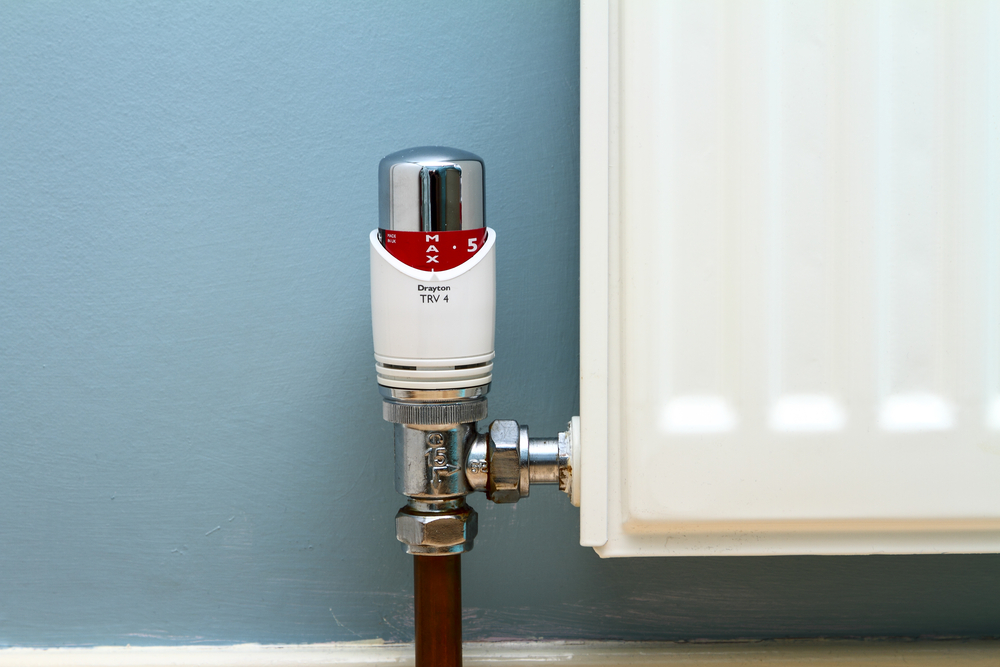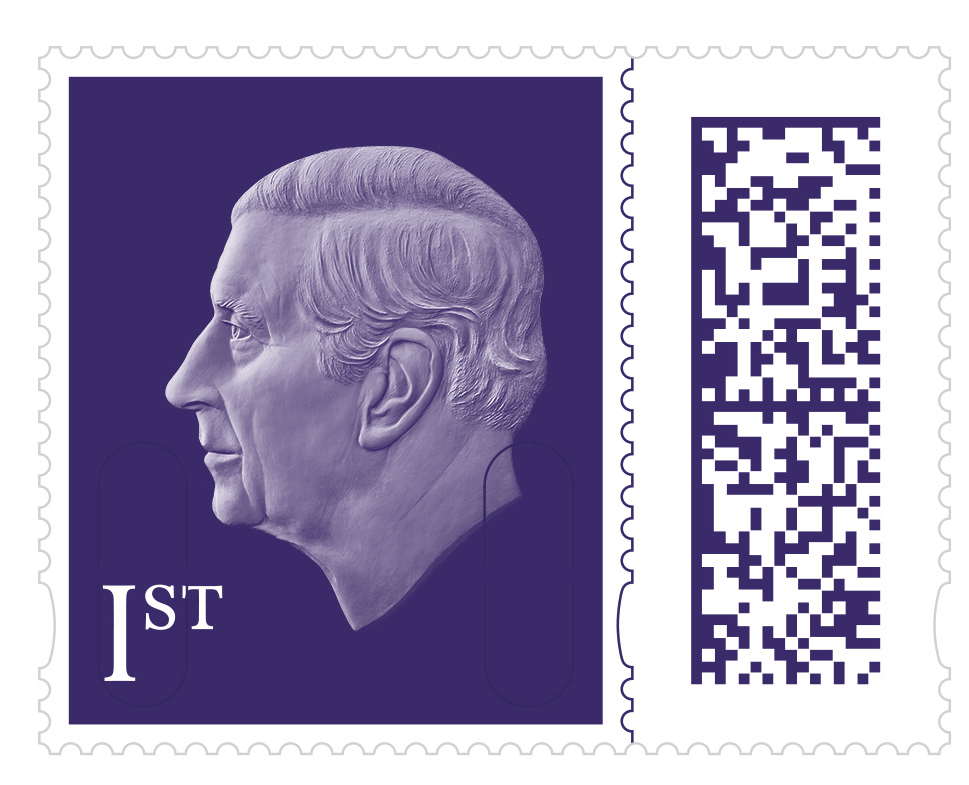One in 10 Brits end every month with no cash left once bills and household costs are paid, a study shows.
Over a third are also left with just £100 to show, marking a huge drop in disposable income in the UK.
This is more common with the middle-aged than younger people too, according to RiseUp. Once monthly outgoings are covered, those aged between 44 and 58 years old are twice as likely to have no cash left, compared to just 5% of the Gen Z cohort – aged under 27.
The knock-on effect of this is that the struggle to save is aggravated, with less than a third of women (31%) and a quarter of men (26%) unaware of how they can save any money.
Indeed, just a tenth of people can set money aside each month to save, while a third (32%) do so every couple of months.
Brighton residents are least likely to have cash left
In terms of areas that feel the end-of-the-month ‘squeeze’ the most, residents in Brighton (22%), Belfast (12%) and London (8%) make up the top three. The North East of England is most likely to put money away, with almost half (43%) doing so.
The emotions and actions around finances and payday are stark too. Over two-thirds (64%) of women are anxious, stressed or worried about money, while two-fifths (43%) of men feel the same.
On payday, this drops to 9% and escalates throughout the month. Yuval Samet, founder of RiseUp, says “navigating this cycle has proven tricky for every demographic.”
Samet said: “The findings paint a picture of families and individuals worried about making ends meet – but the solution lies in breaking down the stigma that surrounds conversations about money.
“For too long, we have buried our heads in the sand when it comes to money, choosing to deal with the challenges ourselves rather than share the burden and talk to others. And this is making the whole situation even worse.
“It is only by turning this on its head and fostering an open dialogue around money and its impact that we can work through this and create a society that has a positive relationship with money.”
Shopping and pub trips main payday outlays
After receiving their pay, a third (39%) of Brits are likely to spend their cash on shopping, followed by eating out (16%) and a trip to the pub (10%).
While a treat can prove beneficial for mental wellbeing, the real way to address any anxieties around finances is through discussion with each other, according to Vicky Reynal, financial psychotherapist.
Reynal says the report “highlights a sad reality about the state of financial wellbeing in the UK.”
The author of Money on Your Mind: The Psychology Behind Your Financial Habits said: “While most people have to manage anxieties about money, they feel alone with their worries, shame stopping them from confiding in family and friends. This too can change, enabled by new technologies.
“Creating communities in which money talk can be normalised is both supportive and helps lift the shame people associate with talking about money. Only by lifting the money taboo can we learn from each other and ask the important questions that will improve our finances and our financial wellbeing.”





